Advantages of Container Shipping
Container shipping is one of the most significant innovations in the global transportation industry, providing a standardized and secure structure that plays a crucial role in facilitating international trade. In this article, we explore the main advantages of using containers in freight transportation.
1. Standardization and Facilitation of Intermodal Transport
One of the biggest advantages of containers is their standardization. Containers are typically designed in standard 20-foot and 40-foot sizes, allowing for easy transfer between ships, trucks, and trains. This feature eliminates the need for reloading during intermodal transport, reducing time and costs, and increasing the efficiency of shipping operations.
2. Enhanced Cargo Security
Another significant advantage of containers is their high level of security. The robust structure and secure locks on containers prevent tampering and theft. Additionally, sealed containers indicate that the cargo has not been altered, ensuring safe delivery to the destination. This advantage is particularly vital in the transport of valuable goods.
3. Cost Reduction
Using containers in transportation leads to a reduction in operational costs. The decrease in manual handling and the ability to store containers directly at ports or warehouses significantly reduce extra costs. Moreover, the standardization of transfer times between different transport modes reduces time and logistical costs.
4. Protection Against Environmental Conditions
Containers protect goods from environmental factors such as wind, rain, and sunlight. This is especially valuable in maritime transportation, where cargoes are exposed to risks from moisture and sea turbulence. Containers act like sturdy boxes, preventing damage to the goods.
5. Optimized Time Management
Using containers speeds up the loading and unloading processes. Ports are equipped with advanced tools that can move containers quickly, minimizing ship downtime at ports and significantly improving time efficiency.
6. Increased Cargo Capacity
Containers, due to their engineered design, enable optimal use of space, meaning more goods can be transported at once, reducing the number of trips required. Additionally, the variety of container sizes and types (such as refrigerated containers for temperature-sensitive goods) provides more flexibility in transporting different types of cargo.
7. Reduced Damage During Transportation
One of the main concerns in international transport is damage to goods during transit. Containers, by keeping goods stable and preventing various shocks and impacts, reduce the risk of damage and improve the quality of goods delivered.
8. Environmental Compatibility
By using containers, the number of trips required to transport goods is reduced, leading to lower fuel consumption and environmental pollution. This contributes to reducing the environmental impact of the transportation industry.
9. Reduced Warehousing Costs
Containers also function as storage units. When goods are placed in containers, the need for more storage space is reduced. This not only cuts down on storage costs but also facilitates warehouse management.
10. Wide Applications in Various Industries
Containers come in various types, such as refrigerated containers, high-cube containers, and specialized containers for transporting heavy or hazardous goods. This variety allows containers to be used in various industries, from food and pharmaceuticals to industrial and electronic goods.
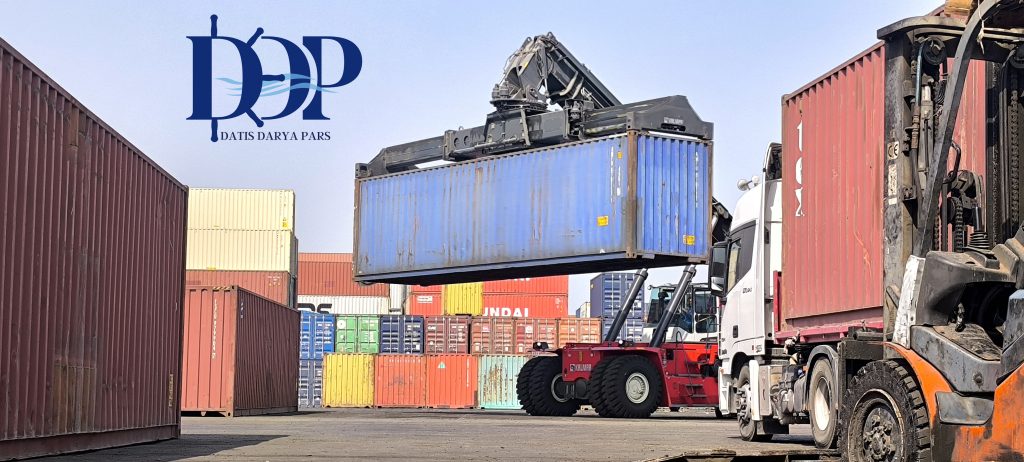
Container shipping extends beyond these ten types and offers additional benefits that can be highlighted. Some other advantages of container shipping include:
- Ease of Tracking Shipments: With new technologies like GPS and transportation management systems, the precise location of containers can be tracked, providing better transparency and control for shippers and receivers.
- Adaptability to Weather Changes: Containers are designed to protect goods from extreme weather conditions such as heat, cold, humidity, and wind.
- Reduced Labor Requirements: By minimizing the need for manual loading and unloading, especially at ports, labor costs are reduced, and the risks associated with accidents are lowered.
- Ability to Transport Hazardous and Special Goods: Some containers are specifically designed for transporting hazardous materials and meet high safety standards, making this type of transportation safer.
- Environmental Benefits Through Reuse: Old containers can be repurposed for other uses, such as building homes and offices, which ultimately helps reduce industrial waste.
Conclusion
Container shipping, due to its many advantages, including increased security, cost reduction, and facilitation of intermodal transport, is recognized as one of the main methods of global transportation.

 then 'Add to home screen'
then 'Add to home screen' then 'Add to home screen'
then 'Add to home screen'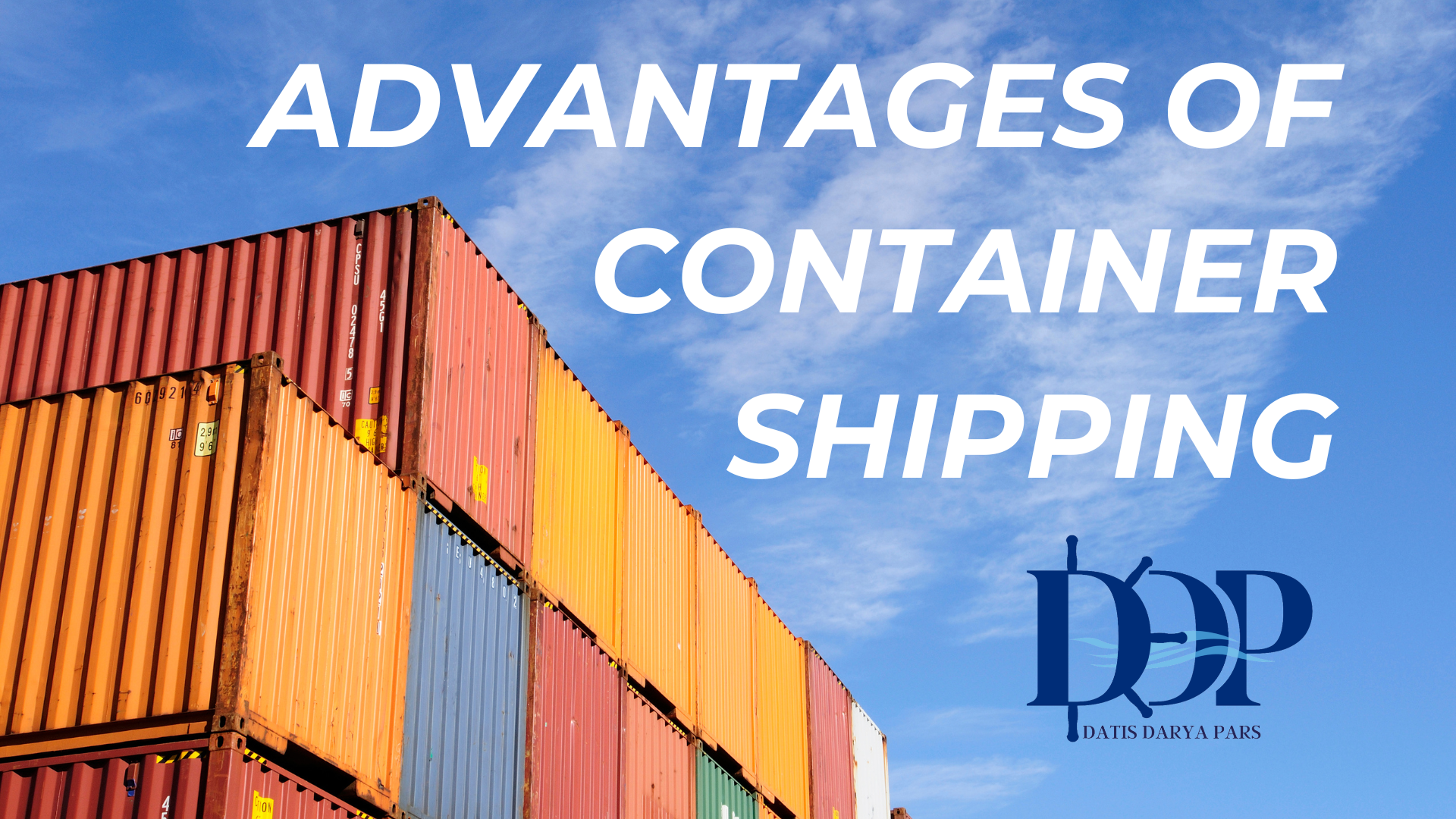
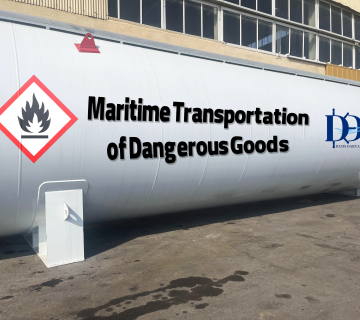
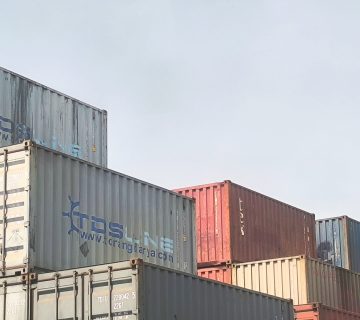
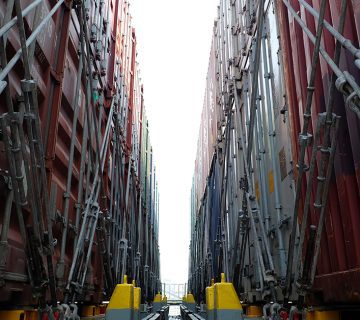
بدون دیدگاه